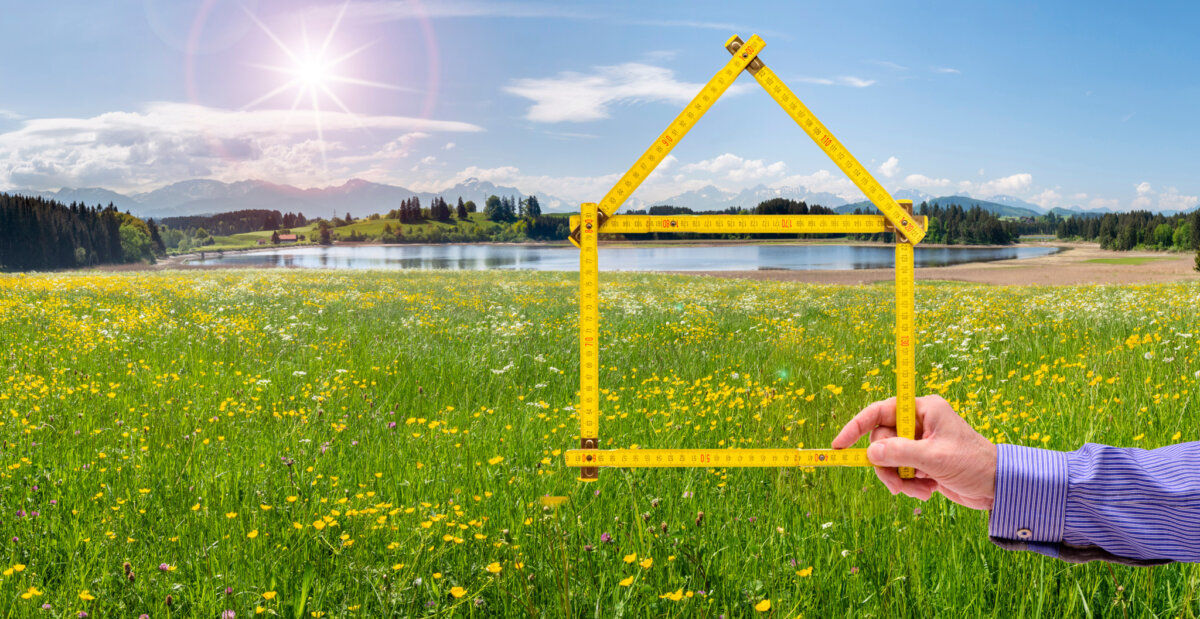Owning a home is a significant achievement and investment, but it also comes with responsibilities, including safeguarding your property against unforeseen events. Homeowners insurance is crucial in providing financial protection and peace of mind, covering various risks that could damage or destroy your home.
What is Homeowners Insurance?
Homeowners insurance is a type of property insurance that provides coverage for losses and damages to your home and its contents. It typically includes liability coverage for accidents on your property or caused by you or your family members.
Critical Components of Homeowners Insurance
- Dwelling Coverage: Protects the structure of your home, including walls, roof, and foundation, from covered perils such as fire, lightning, windstorms, and vandalism.
- Personal Property Coverage: Reimburses you for the cost of personal belongings damaged or stolen, both inside and outside your home.
- Liability Coverage: Offers financial protection if someone is injured on your property or if you cause damage to someone else’s property.
- Additional Living Expenses (ALE): Covers temporary living expenses if your home becomes uninhabitable due to a covered loss, such as hotel bills or rental expenses.
Types of Homeowners Insurance Policies
- HO-3 Policy: The most common type, providing comprehensive coverage for your home’s structure and personal belongings, except for specific exclusions listed in the policy.
- HO-4 Policy (Renter’s Insurance): Designed for renters, covering personal belongings and liability but not the structure itself.
- HO-6 Policy (Condo Insurance): Tailored for condominium owners, covering personal property and improvements made to the unit, excluding the building’s structure.
- HO-8 Policy: Coverage should be provided based on the home’s actual cash value rather than replacement cost for older homes.
Factors Affecting Homeowners Insurance Premiums
Several factors influence the cost of homeowners insurance:
- Location: Proximity to coastlines, flood zones, and areas prone to natural disasters can impact premiums.
- Home Value and Construction: The age of the home, its rebuilding cost, and construction materials used.
- Deductible: The amount you must pay out of pocket before your insurance coverage kicks in.
- Credit Score: In some states, your credit history can affect insurance premiums.
- Safety Features: Security systems, smoke detectors, and fire alarms.
Understanding Coverage Limits and Exclusions
While homeowners insurance provides extensive coverage, reviewing your policy’s specifics, including coverage limits and exclusions, is essential. Typical exclusions may include damage from floods, earthquakes, neglect, or intentional acts.
Choosing the Right Homeowners Insurance Policy
When selecting a homeowners insurance policy, consider:
- Coverage Needs: Evaluate the value of your home and belongings to determine adequate coverage limits.
- Insurance Company Reputation: Research insurers’ financial strength, customer service reputation, and claims process efficiency.
- Policy Flexibility: Look for optional endorsements or riders to customize coverage based on your needs.
Conclusion
Homeowners insurance is a vital safeguard against unexpected financial burdens from damage to your home or liability claims. By understanding the coverage options available, assessing your risk factors, and selecting a policy that meets your needs, you can protect your investment and ensure peace of mind for you and your family.
In summary, homeowners insurance is not just a requirement for mortgage lenders; it’s a crucial tool for protecting your home and assets against the uncertainties of life. By investing in comprehensive coverage and maintaining regular policy reviews, homeowners can mitigate risks and confidently enjoy the benefits of homeownership.










Leave a Reply